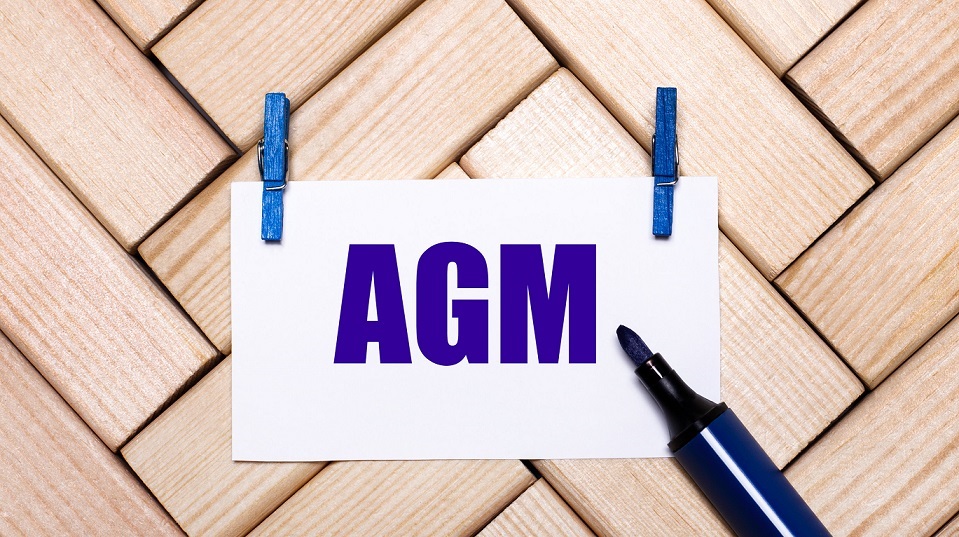Despite extensive use of hybrid and electronic-only annual general meeting (AGM) formats, most JSE-listed companies still perform poorly in meeting requirements for effective online participation by shareholders.
A new briefing by Just Share finds that while some companies conduct their AGMs effectively and in compliance with requirements, others are getting even the basics wrong.
The Just Share team attended and observed 25 AGMs during the first half of 2025 and assessed them for compliance with key provisions of the Companies Act and the effective promotion of meaningful shareholder engagement.
Assessed companies obtained an average score of 53% for compliance with the Companies Act and the Companies and Intellectual Property Commission (CIPC) Guidelines. Most performed well in areas such as presentation of key reports and appointment of committees and auditors, but poorly in meeting CIPC requirements relating to ensuring equality of online participation compared to in-person participation.
In terms of effective engagement, companies did well in areas such as the board chair providing a welcome and framing remarks. However, only 44% of companies assessed provided an opportunity for questions before voting on resolutions, thus nullifying one of the primary aims of AGMs, which is to inform and potentially improve shareholder voting.
Nedbank Group Limited, Coronation Fund Managers Limited, and Absa Group Limited were the companies with the highest overall scores combining compliance and effective engagement, while ArcelorMittal South Africa Limited, Nutun Limited, and Thungela Resources Limited obtained the lowest scores.
Poorly conducted AGMs are a missed opportunity for directors to engage with shareholders, particularly with smaller shareholders, and suggest a degree of disregard for the AGM as a mechanism of accountability, transparency and participation. Conversely, a well-conducted AGM can provide directors with additional important information and perspectives, and is an important signal of the values of a company and the extent to which it recognises its embeddedness in a wider context of shareholders and stakeholders.
Just Share’s briefing also confirms that AGMs conducted with undue speed are unlikely to support stakeholder engagement and meet compliance requirements. Three of the assessed companies’ AGMs lasted less than 20 minutes. All three scored less than 60% for compliance and effectiveness, and two scored less than 40%.
Most companies were found to be lagging when it comes to publishing AGM minutes. Only eight of the 25 companies had published minutes of the previous year’s AGM by the time they hosted this year’s AGM, and even in these cases, Q&A sessions were paraphrased.
The briefing argues that there are no significant barriers to achieving a perfect score on all of the criteria against which AGMs were assessed, and that companies are not doing enough to ensure their AGMs are legally compliant and support meaningful shareholder engagement.
For example, in the case of shareholders attending virtually, the requirements are clear and achievable: shareholders should be able to see each other, interact without an intermediary, see the board of directors and executives in attendance throughout the AGM, and have clarity on the structure of the meeting with an agenda. Only two companies out of twenty-five, Coronation Fund Managers and Standard Bank Group, achieved all three of these criteria.
In an era where institutional investors have ease of access to company directors and executives outside of the AGM, there is a temptation to minimise the role and importance of AGMs. However, the AGM remains a key site of corporate transparency and accountability, and even institutional investors can learn a great deal about investee companies’ culture and approach to stakeholders by observing how they conduct their annual general meetings.
